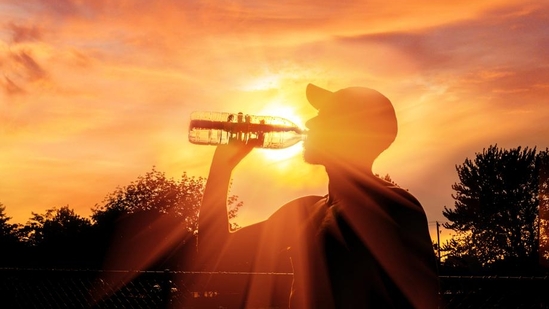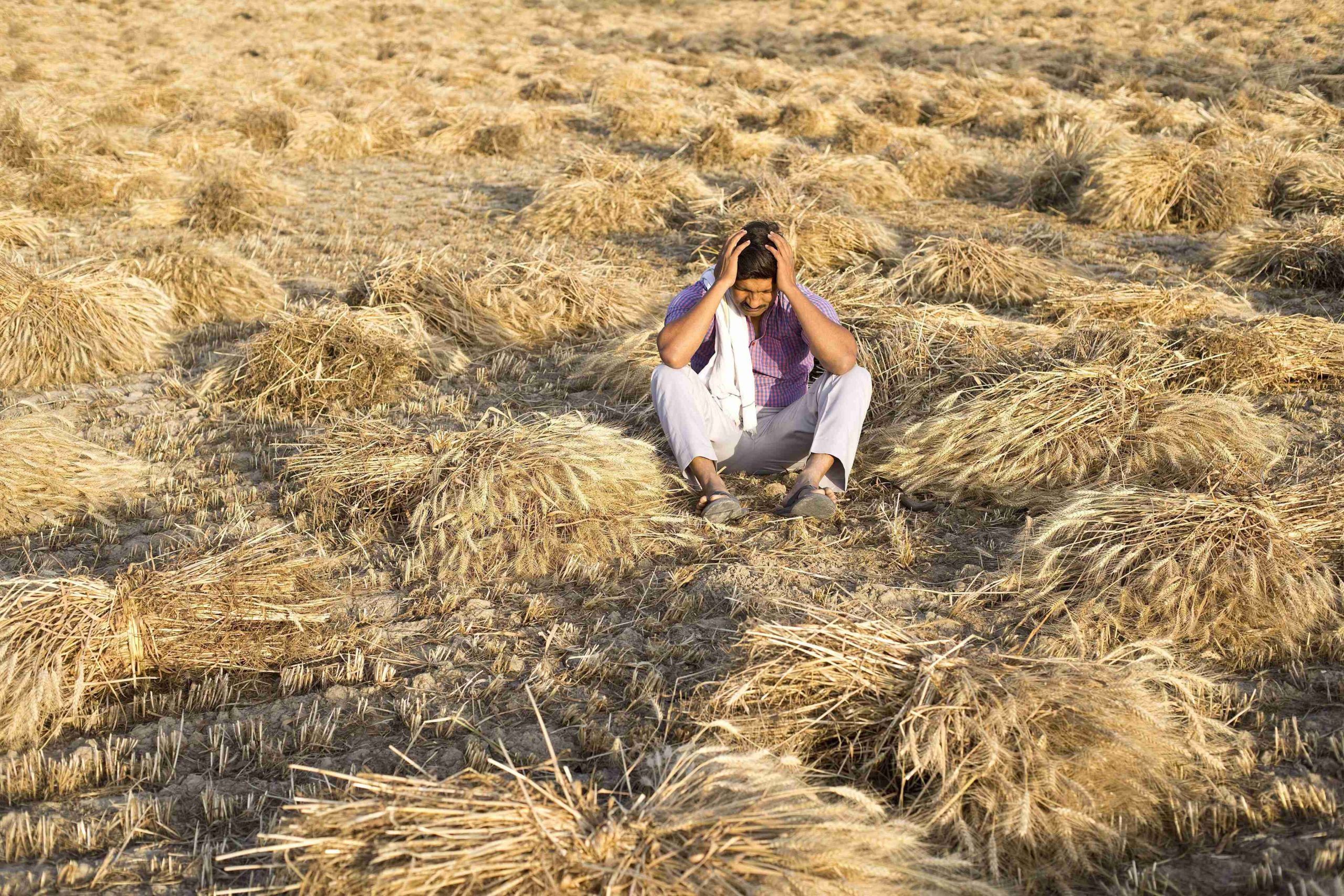- Courses
- GS Full Course 1 Year
- GS Full Course 2 Year
- GS Full Course 3 Year
- GS Full Course Till Selection
- MEP (Mains Enrichment Programme) Data, Facts
- Essay Target – 150+ Marks
- Online Program
- GS Recorded Course
- NCERT- First Ladder
- Polity
- Geography
- Economy
- Ancient, Medieval and Art & Culture AMAC
- Modern India, Post Independence & World History
- Environment
- Governance
- Science & Technology
- International Relations and Internal Security
- Disaster Management
- Ethics
- Current Affairs
- Indian Society and Social Issue
- CSAT
- 5 LAYERED ARJUNA Mentorship
- Public Administration Optional
- ABOUT US
- OUR TOPPERS
- TEST SERIES
- FREE STUDY MATERIAL
- VIDEOS
- CONTACT US
MAHARASHTRA ASSEMBLY PASSES BILL FOR PROVIDING 10% RESERVATION FOR MARATHA COMMUNITY
MAHARASHTRA ASSEMBLY PASSES BILL FOR PROVIDING 10% RESERVATION FOR MARATHA COMMUNITY
Bill Overview: Maratha Community Reservation
|
Constitutional Background of Reservation in India
1. Articles Providing for Reservation:
- Article 15(4): Allows the State to make special provisions for the advancement of socially and educationally backward classes, including Scheduled Castes (SCs) and Scheduled Tribes (STs).
- Article 15(5): Allows the State to make reservations in educational institutions for SCs, STs, and socially and educationally backward classes, excluding the creamy layer.
- Article 15(6): Inserted by the 103rd Constitutional Amendment, provides for reservations for economically weaker sections (EWS) in educational institutions.
2. Articles Providing for Reservation in Public Employment:
- Article 16(4): Allows the State to make provisions for the reservation of appointments or posts in favor of any backward class of citizens which, in the opinion of the State, is not adequately represented in the services under the State.
- Article 16(6): Inserted by the 103rd Constitutional Amendment, provides for reservations for economically weaker sections (EWS) in government jobs.
3. Article 335:
Provides for the consideration of the claims of Scheduled Castes and Scheduled Tribes in making appointments to services and posts in connection with the affairs of the Union or of a State. However, the efficiency of administration should be maintained.
Judicial Background:
- Mandal Case (Indra Sawhney vs. Union of India, 1992): 9-judge Bench of the Supreme Court in Indira Sawhney Case (1992) set a ceiling of 50% on reservations under Article 16(4).
- 102nd Constitutional Amendment, 2018: Added Articles 338B, 342A, and inserted Article 366(26C) to provide for the constitution and powers of the National Commission for Backward Classes and to empower the President to notify socially and educationally backward classes.
- 103rd Constitutional Amendment, 2019: Inserted Articles 15(6) and 16(6) to provide for reservations for economically weaker sections (EWS) in educational institutions and public employment respectively.
- Supreme Court's Scrutiny: The Supreme Court has consistently emphasized the need for reservations to be based on objective criteria and supported by quantifiable data to ensure that they meet the constitutional mandate of equality and social justice.
Maratha Reservation Issue:
- Agitations since 1997 led to various attempts at reservation.
- 2018 Act providing 16% reservation was struck down by Supreme Court in 2021.
- 2023: Justice Shukre panel conducted a survey supporting Maratha backwardness.
Total States with Over 50% Reservation: Shinde stated in the assembly that there are 22 states in India with over 50% reservation in various categories.
States with Over 50% Reservation:
- Tamil Nadu: 69%
- Haryana: 67%
- Bihar: 75%
Reservation StatisticsCurrently, Maharashtra has 52% reservation.
Additional Reservations:
|
Maharashtra State Backward Class Commission head Justice (Retd) Sunil Shukre Panel’s Findings:
- Marathas account for 28% of Maharashtra's population, with 84% deemed backward.
- Reasons include agricultural income decline, land partitions, and poverty.
- High rate of farmer suicides among Marathas highlights their plight.
Issues/Concerns:
- Fear of similar demands in other states.
- exceeding the 50% reservation limit.
- Concerns about discrimination and caste-based politics.
- Emphasis on modernizing agriculture and providing opportunities rather than reservations.
Conclusion:
The constitutional provisions related to reservation aim to address historical injustices and socio-economic disparities. However, their implementation and judicial scrutiny ensure that they are in line with the principles of equality, efficiency, and social justice enshrined in the Constitution.
Must Check: Best IAS Coaching In Delhi
Watch Detailed Video Of This Topic



